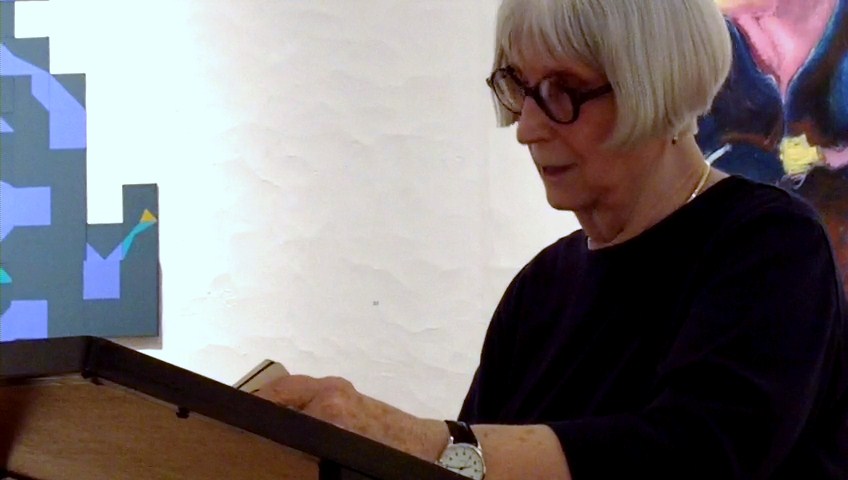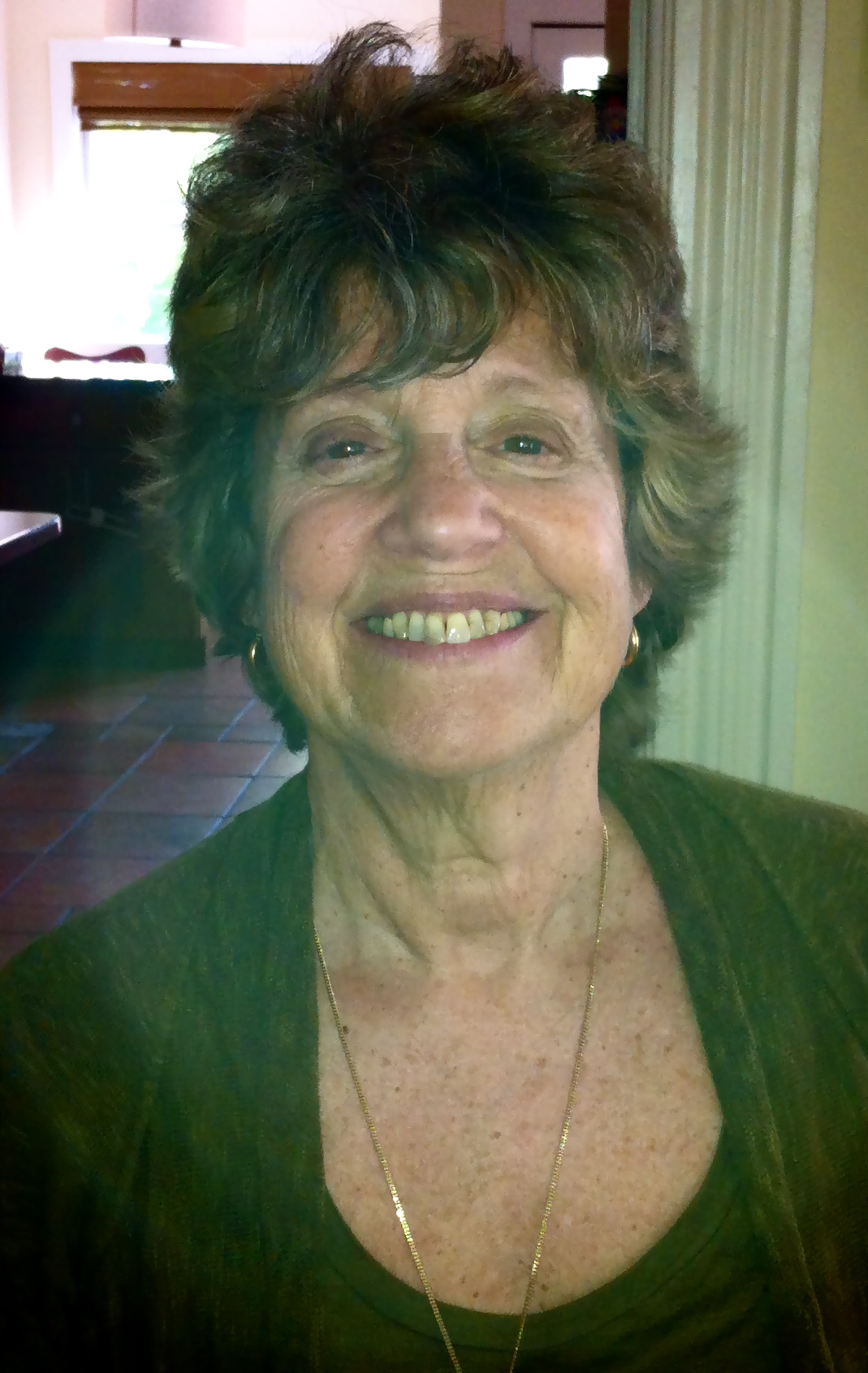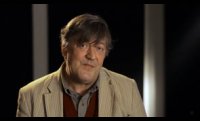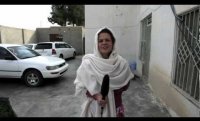New Magazine Launches Morton Marcus Poetry Prize
Phren-Z, a new online literary magazine based in Santa Cruz, California, is currently accepting submissions for the first annual Morton Marcus Memorial Poetry Contest.
The winner will receive $1,000, publication in the Winter 2012 issue of Phren-Z, and an invitation to read at the third annual Morton Marcus Memorial Reading at Cabrillo College on November 10. Poets may submit up to three poems, along with an eighteen-dollar entry fee, via Submittable by September 1.
Founded this past February, Phren-Z is a quarterly publication whose mission is to celebrate the Santa Cruz literary community. The journal accepts general submissions of poetry, fiction, and creative nonfiction by writers from Santa Cruz County year-round. The editors seek to publish “an eclectic mix of work from published and emerging writers reflecting the cultural and artistic influences and flavor of our community.” So far the magazine has published two issues; it's third, the Summer 2012 issue, will be released August 15.
The magazine is published by Santa Cruz Writes, a nonprofit organization that offers programming and support for writers from the Santa Cruz area.
The Morton Marcus Prize was established in honor of the Santa Cruz poet Morton Marcus, who passed away in 2009 and "whose life and work inspired the writing of many students, friends, and emerging poets."
To hear some of his work, take a look at a video of Morton Marcus reading at Cabrillo College in August of 2009.






 She also capped the 2011–2012 season for the Woodward Line Poetry Series, which runs from September through June. The decade-old series takes place in the century-old Scarab Club art gallery. The lower floor, where the reading took place, is an airy, brilliant white space with wooden floors. Wakoski read in front of a five-foot-long painting of a rooster and managed not to be upstaged.
She also capped the 2011–2012 season for the Woodward Line Poetry Series, which runs from September through June. The decade-old series takes place in the century-old Scarab Club art gallery. The lower floor, where the reading took place, is an airy, brilliant white space with wooden floors. Wakoski read in front of a five-foot-long painting of a rooster and managed not to be upstaged. 
 What makes your workshops unique?
What makes your workshops unique?
